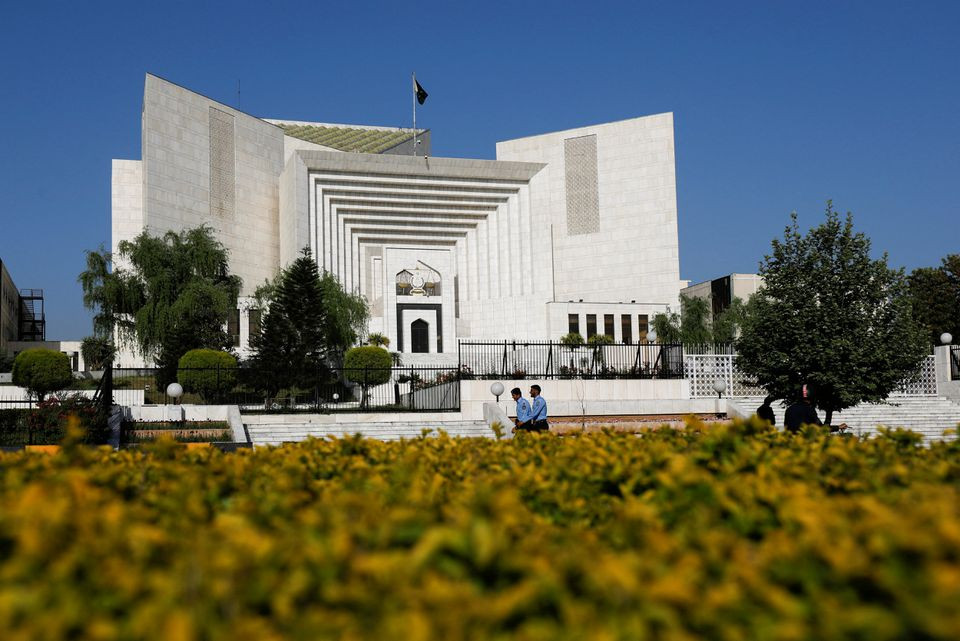
ISLAMABAD:
It seems that Chief Justice of Pakistan Umar Ata Bandial is in a hurry to wind up public interest cases that were initiated by his predecessors – Mian Saqib Nisar and Gulzar Ahmed – before he retires on September 16, 2023.
Despite strong public criticism, the former chief justices had invoked suo motu jurisdiction in several matters, pending decisions.
It seems that the incumbent chief justice wants to dispose of all the cases that come under the preview of Article 184(3) of the Constitution.
He remarked that the Supreme Court wanted to dispose of all pending public interest cases even after the enactment of the Supreme Court (Practice and Procedure) Act, 2023. Interestingly, the same law, which regulates the CJP's discretionary powers, has already been suspended by a larger SC bench.
So far, the apex court has fixed former PTV managing director Ataul Haq Qasmi’s removal case, suo motu matter related to Covid, civil society's petition seeking guidelines to the Supreme Judicial Council (SJC) regarding initiating misconduct proceedings against superior court judges, suo motu matter about cutting of trees on Margalla Hills, etc.
Last week, Jamaat-e-Islami’s (JI) petition seeking an inquiry against all individuals whose names were revealed in the Panama leaks was fixed for hearing.
Interestingly, for the first time, such public interest matter was fixed before Justice Sardar Tariq Masood's bench.
Justice Tariq's observations suggest that the post-Panama jurisprudence in public interest matters will be in danger after the retirement of the incumbent chief justice.
Except this case, CJP Bandial has continued his policy regarding fixation of public interest cases before 'like-minded' judges. The reason might be that they were part of the benches which had initiated the matters since former Saqib Nisar's tenure from Dec 31, 2016 till Jan 17, 2019. Although divisions among the Supreme Court judges along ideological lines started since the days of former chief justice of Pakistan Saqib Nisar, judges’ jurisprudence in public interest matters of one particular mindset remains dominant which is likely to end after Justice Qazi Faez Isa will don the robes as the chief justice of Pakistan in September.
The chief justice of Pakistan has unfettered discretionary powers regarding formation of benches and fixation of cases. Justice Munib Akhtar always emphasises in his judgements that the chief justice is the master when it comes to forming the roster.
Two former chief justices – Nisar and Gulzar – and the incumbent chief justice preferred to include 'like-minded' judges in public interest cases. Now, the Supreme Court is busy winding up those matters.
Senior lawyers believe the top court will see a complete change with the taking of oath by the next chief justice. They say that if the matters remain pending until start of the new CJP's tenure, serious questions may raise over the manner in which public interest jurisdiction was invoked.
In order to avoid any such controversy, there may be realisation to dispose of such cases, they added.
SC Judge Justice Athar Minallah believes that public interest cases should be heard by the full court. There is a need to evolve criteria about the composition of the benches hearing the public interest cases.
Former chief justice of Pakistan Asif Saeed Khosa had evolved a tradition that the senior-most SC judges would hear such matters, but his successor – Gulzar – discontinued that precedent.
Likewise, the incumbent chief justice also carried on with the policy of pick-and-choose in the formation of benches. However, this precedent has severely affected the moral authority of the apex court.
The state institutions are not even ready to comply with the orders which are being given by the judges of a particular mindset. The same was witnessed in the elections matter wherein April 4 order could not be implemented.




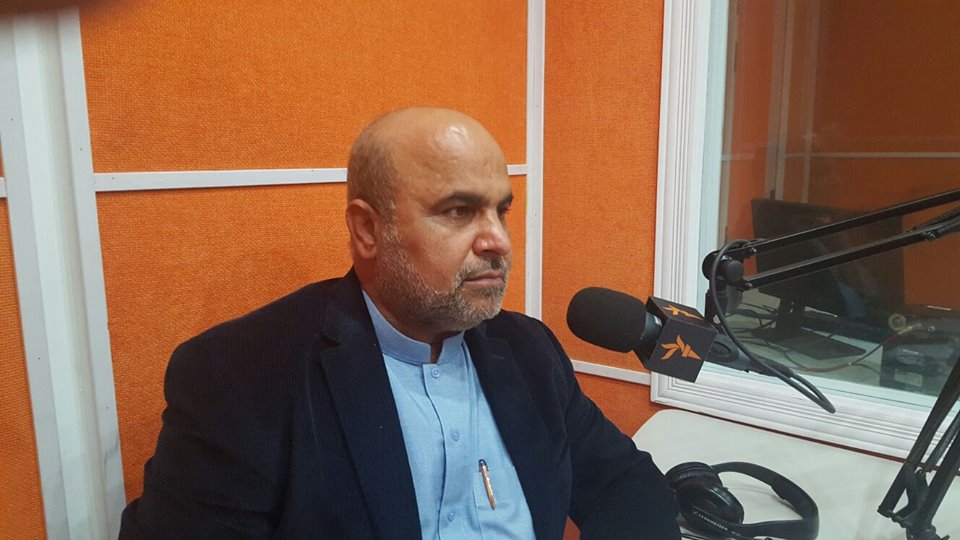

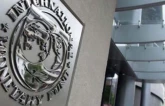


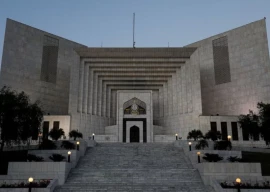


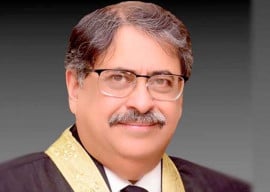



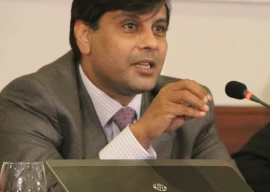
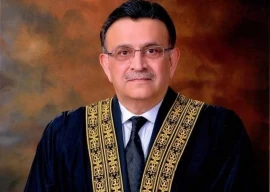

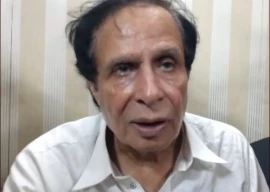













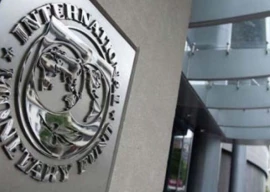


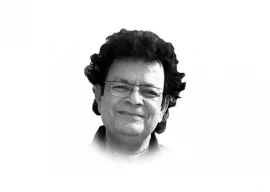

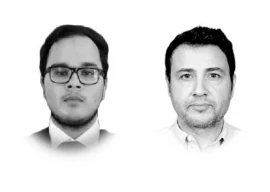

COMMENTS
Comments are moderated and generally will be posted if they are on-topic and not abusive.
For more information, please see our Comments FAQ